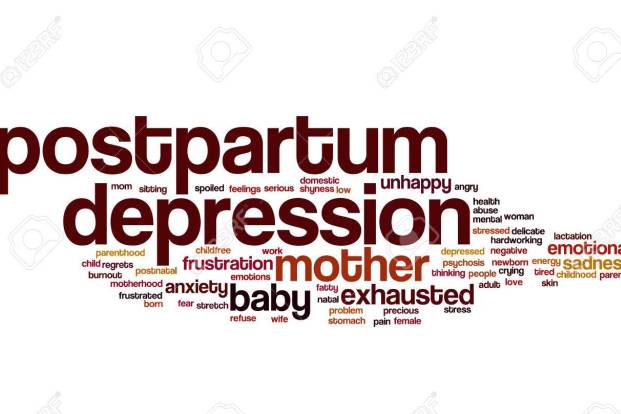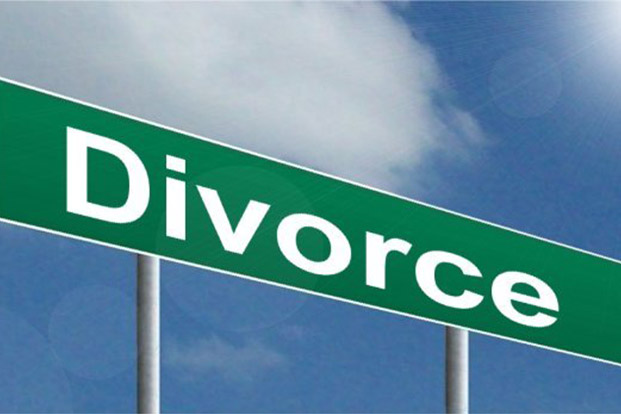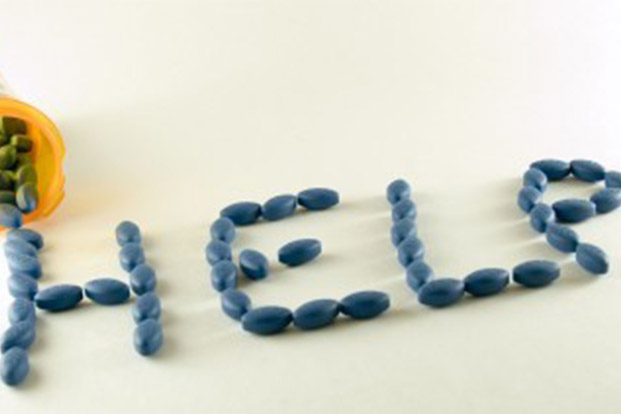Categories
- Bariatric Surgery (11)
- Black Fungus (5)
- Bone Marrow transplant (3)
- Brain Tumor Surgery Navigation Technology (20)
- Cardiac Surgery (66)
- Cardiology (97)
- Computer navigation technology for joint replacements (20)
- Covid Vaccination (17)
- Critical Care (2)
- Dental (19)
- Dermatology (31)
- Dialysis Support Group - “UTSAAH” (11)
- Dietitian (33)
- Emergency Medicine (4)
- Emotional Health (11)
- Endocrinology (33)
- ENT (20)
- Gastroenterology and GI Surgery (53)
- General and Laparoscopic Surgery (21)
- General Surgery (4)
- Gynecology & Obstetrics (183)
- Hematology (20)
- Internal Medicine (294)
- Kidney Transplant (50)
- Kidney Transplantation (20)
- Lung Cancer (8)
- Minimal Invasive Surgery (1)
- Mother & Child (20)
- mucormycosis (5)
- Nephrology (61)
- Neurology (147)
- Neurosurgery (68)
- Nutrition and Dietetics (107)
- Omicron Variant (1)
- Oncology (288)
- Ophthalmology (10)
- Orthopaedics & Joint Replacement (86)
- Paediatrics (59)
- Pediatric Nephrology (3)
- Physiotherapy (5)
- Plastic & Reconstructive Surgery (6)
- Psychiatry and Psychology (90)
- Psychologist (28)
- Pulmonology (72)
- Rheumatology (13)
- Spine Services (21)
- Transradial Angioplasty (16)
- Urology (84)
Query Form
Posted on Apr 19, 2022
What is Postpartum Depression? What causes postpartum depression?
Postpartum depression (PPD) is a type of depression that affects few women after giving birth to an infant. Symptoms include sadness, changes in sleeping and eating patterns, low energy, anxiety, and irritability.Basically , the condition develops within 4 to 6 weeks after giving birth, but it can sometimes take several months to present . The global prevalence of postpartum is surrounding 100-150 per 1000 births. This type of depression does not only affect mothers. One study found that around 10 percent of new fathers experience postpartum or prenatal depression. The highest rates can be found 3 to 6 months after childbirth. Postpartum depression can also predispose to recurrent or chronic depression and may affect the mother-infant relationship and child growth and development.

Causes of postpartum depression are follows:-
Postpartum depression can affect parents in several different ways:-
Physical changes of pregnancy
- Excessive worry about the baby and the responsibilities of being a parent
- Difficult labor and childbirth
- Lack of family support
- Worries about relationships
- Financial difficulties
- Loneliness, not having close friends and family around
- The health consequences of childbirth, including urinary incontinence, anemia, blood pressure changes, and alterations in metabolism.
- Hormonal changes
- Changes to the sleep cycle
- Birth of female child and high parity
Depression is usually caused by emotional, stressful events, a biological change triggering an imbalance of brain chemicals, or both. Difficulties with breast-feeding might also be linked to PPD. People with a family background of depression have a higher risk of developing it themselves. However, nobody knows why this occurs.A previous diagnosis of bipolar disorder might also increase the risk of developing PPD when compared to other people with a new infant. If a new parent has severe depression, they will face great difficulty functioning at all will not be able to function at all and will need extensive help from a dedicated mental health team. With proper care and treatment under an expert guidance these disorders can be treated well and one can lead a normal happy life.



